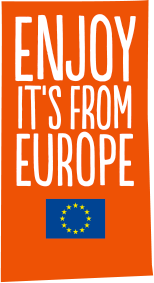The European poultry sector has a significant impact on rural areas by providing and supporting labour. European poultry farms and processing plants are often located in these regions, and provide employment opportunities for the local population. The economic boost from the sector extends beyond direct employment and benefitsbusinesses such as local markets, feed suppliers, and service providers.
There has also been a welcome increase in the number of women taking on various roles in the European poultry sector. From farm management to research and development, women are contributing their skills and expertise, opening up new perspectives to the industry. Initiatives to promote gender equality and inclusion have contributed to more women choosing a career in the sector.
This article examines the different jobs in the European poultry production chain, highlighting the impact on rural areas and the changing dynamics of gender representation, distinguishing between direct and indirect jobs and how these are linked along the production chain.[1]
Direct jobs
Some of the jobs directly linked to the poultry sector are:
- Hatchery Workers: At the beginning of the production chain, hatchery technicians play a vital role in ensuring the health and quality of chicks. Their tasks include monitoring the temperature and humidity levels, managing incubation processes, and overseeing the hatching of eggs.
- Farmers: Poultry farmers oversee the day-to-day operations of poultry farms, ensuring the well-being of the birds, managing resources, and implementing biosecurity measures. Their role is crucial in maintaining optimal conditions for poultry growth.
- Veterinarian: Veterinarians in the poultry sector are responsible for the health and well-being of the birds. They provide medical care, disease prevention strategies, and contribute to the overall biosecurity of farms.
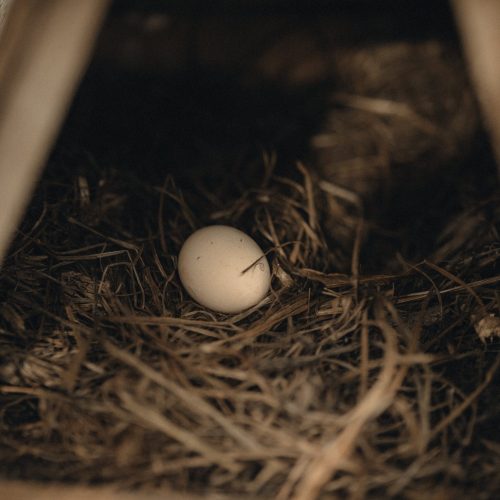
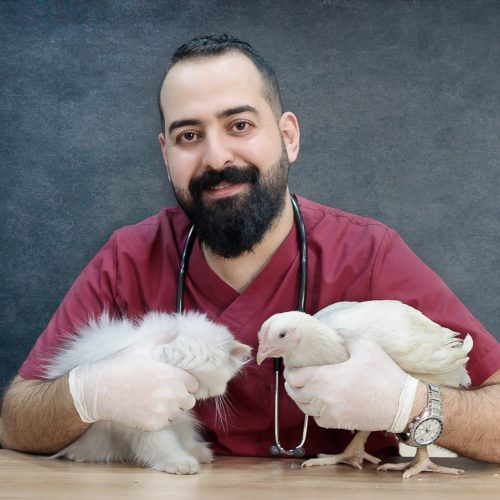
- Quality Control Inspector: Quality control inspectors play a vital role in maintaining the high standards of poultry products. Their responsibilities include monitoring production processes, conducting inspections, and ensuring compliance with food safety regulations.
- Research Scientist: Research scientists focus on innovations in poultry genetics, nutrition, and disease resistance. Their work indirectly influences the productivity and sustainability of the entire poultry value chain.
- Processing Plant Worker: Workers at processing plants are involved in the slaughtering, processing, and packaging of poultry products. This direct job contributes directly to the availability of poultry products on the market.
Indirect jobs
Some of the jobs that are indirectly linked to the poultry sector are:
- Feed Production jobs: Professionals in feed production are responsible for formulating balanced and nutritious diets for animals, including poultry species. This indirect job is vital for the health and productivity and contributes indirectly to the overall success of the poultry sector.
- Transportation crew: Workers in transportation manage the logistics of moving live poultry from farms to processing plants. This indirect function is essential to maintaining the integrity of the supply chain and ensuring timely deliveries
- Packaging and Distribution Specialist: Specialists in packaging and distribution ensure that poultry products are packaged and delivered efficiently to retailers and consumers. This position is crucial for meeting market demands.
- Sales Representatives and Marketing Managers: In the marketing and sales domain, representatives connect producers with distributors, retailers, and consumers. They play a pivotal role in promoting poultry products, negotiating deals, and ensuring a steady flow of goods through the supply chain.
- Retailers: Jobs in retail involve managing the display, pricing, and sales of poultry products in supermarkets and grocery stores. Merchandisers ensure that products are attractively presented to consumers.
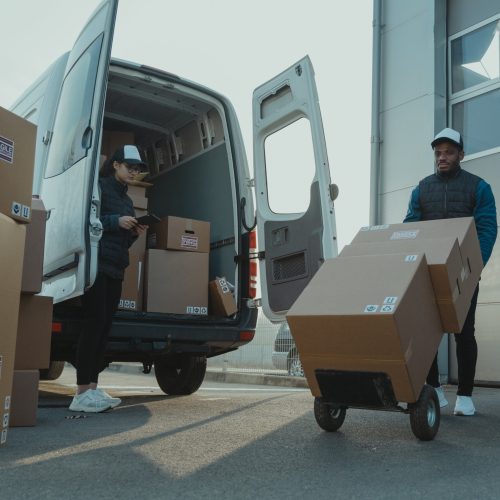
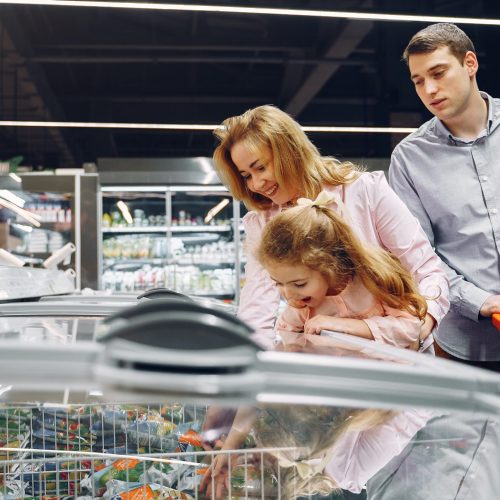
In conclusion, the European poultry sector’s production chain involves a myriad of direct and indirect jobs that collectively contribute to a robust and sustainable industry. The impact extends beyond urban centers, reaching into rural areas and fostering economic development. As the sector continues to evolve, the increasing participation of women adds a valuable dimension to its workforce, ensuring a diverse and dynamic future for the European poultry sector.
- [1] Source: https://poultryeu.eu/career
Poultry Market Overview – EC




